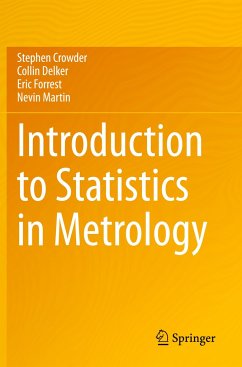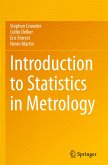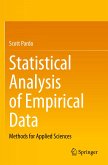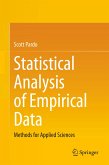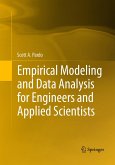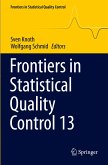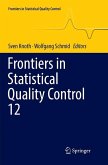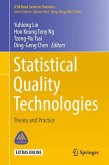This book provides an overview of the application of statistical methods to problems in metrology, with emphasis on modelling measurement processes and quantifying their associated uncertainties. It covers everything from fundamentals to more advanced special topics, each illustrated with case studies from the authors' work in the Nuclear Security Enterprise (NSE). The material provides readers with a solid understanding of how to apply the techniques to metrology studies in a wide variety of contexts.
The volume offers particular attention to uncertainty in decision making, design of experiments (DOEx) and curve fitting, along with special topics such as statistical process control (SPC), assessment of binary measurement systems, and new results on sample size selection in metrology studies. The methodologies presented are supported with R script when appropriate, and the code has been made available for readers to use in their own applications. Designed to promote collaboration between statistics and metrology, this book will be of use to practitioners of metrology as well as students and researchers in statistics and engineering disciplines.
The volume offers particular attention to uncertainty in decision making, design of experiments (DOEx) and curve fitting, along with special topics such as statistical process control (SPC), assessment of binary measurement systems, and new results on sample size selection in metrology studies. The methodologies presented are supported with R script when appropriate, and the code has been made available for readers to use in their own applications. Designed to promote collaboration between statistics and metrology, this book will be of use to practitioners of metrology as well as students and researchers in statistics and engineering disciplines.

